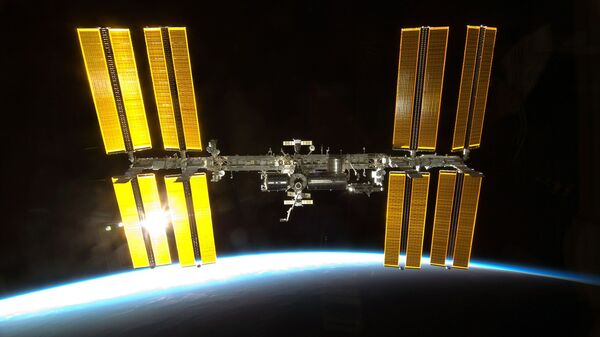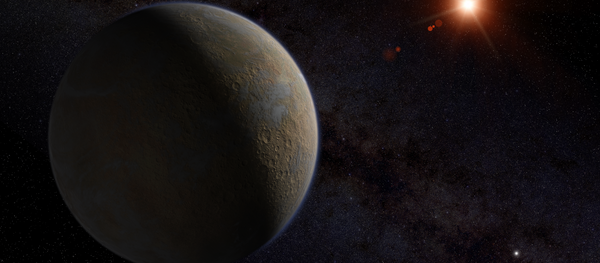Astronauts aboard the International Space Station (ISS) have managed to identify microbes found in space without having to send samples back to Earth.
Microbes have survived in the vacuum of space, previously having to be sent back to Earth for testing. There was no way to find something in space and identify it promptly on the spot.
With the help of a new project called Genes in Space-3, NASA scientists identified microbes that were earlier found on the space station.
This time around, NASA astronaut and biochemist Peggy Whitson carried out the experiment aboard the orbiting laboratory, with NASA microbiologist and the project’s Principal Investigator Sarah Wallace and her team watching and guiding Whitson from the US.
After the microbial cells were successfully collected, the DNA was isolated and then prepared for sequencing, enabling the identification of the unknown organisms.
"It was a natural collaboration to put these two pieces of technology together because individually, they're both great, but together they enable extremely powerful molecular biology applications," Science Alert reported Wallace as saying.
In this case, the microbes were all ordinary, known microbes that are commonly found in places where humans dwell. However, further confirmation will have to wait until the samples can be sent to Earth and re-tested, to make sure the results are correct.
Now that the technique has been shown to work in space, who knows what astronauts might find next.





